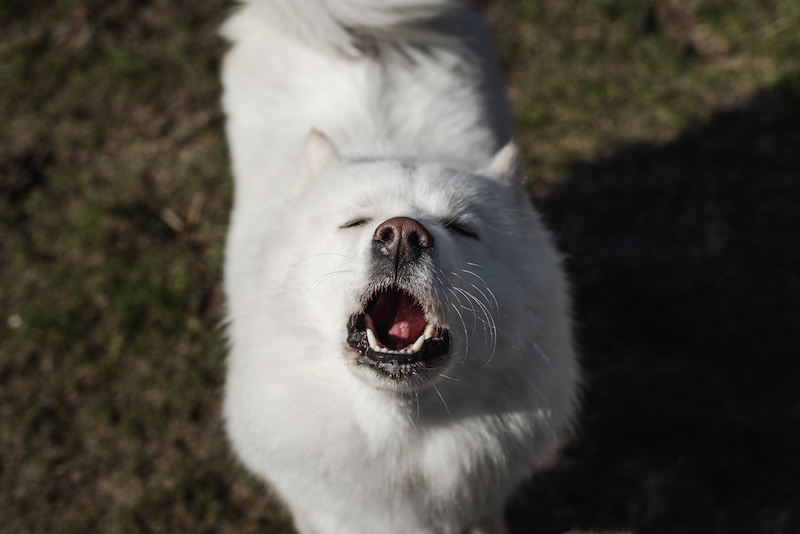If you’ve ever heard your dog let out a long, soulful howl, you might have wondered what they’re trying to say. While barking is more common in daily dog communication, howling is a deeper, more primal behavior that dates back to dogs’ wild ancestors.
So why do domestic dogs howl? The answer lies in biology, communication, and even emotion. Let’s take a closer look at the reasons behind this mysterious canine behavior.
A Link to Their Wolf Ancestors
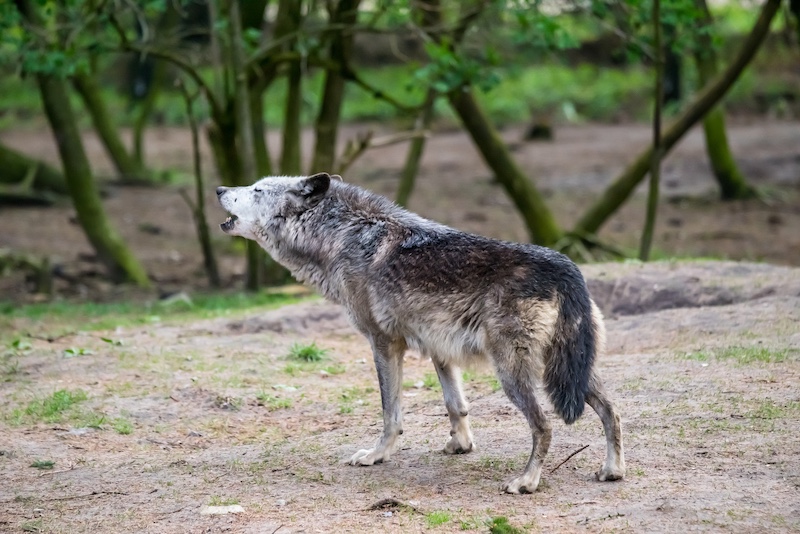
Howling is an ancient form of communication that dogs inherited from their wolf ancestors. In the wild, wolves howl to locate other members of the pack, claim territory, or coordinate hunting efforts.
Though domestic dogs no longer rely on howling for survival, the instinct still lingers in their DNA. When your dog howls, they may not be searching for packmates in the forest, but they’re still tapping into an old, natural behavior.
Communication and Connection
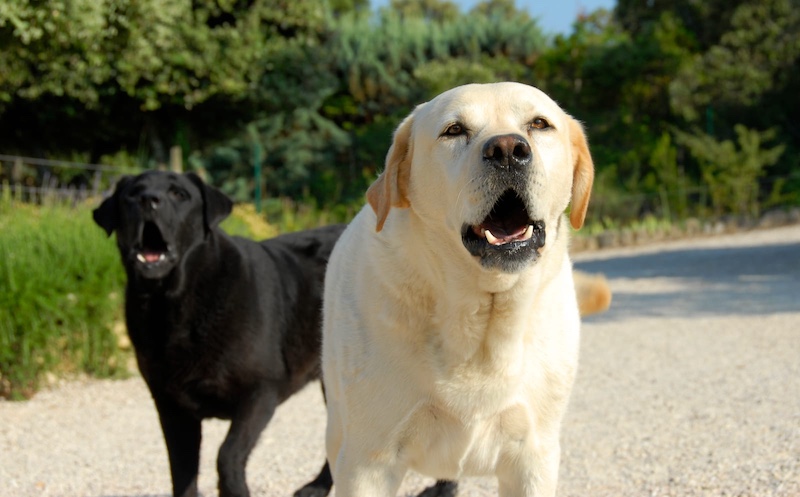
One of the most common reasons domestic dogs howl is to communicate. They may be trying to get your attention, respond to other sounds, or signal distress. Dogs are highly social animals, and howling can be a way to connect with others—even if those “others” include people, other dogs, or even distant sirens.
Some dogs howl in response to high-pitched sounds like ambulance or fire truck sirens. The similarity of these sounds to a distant howl may trigger a built-in response. Your dog might be saying, “I hear you!” to what they perceive as another member of the pack.
Expression of Loneliness or Separation Anxiety
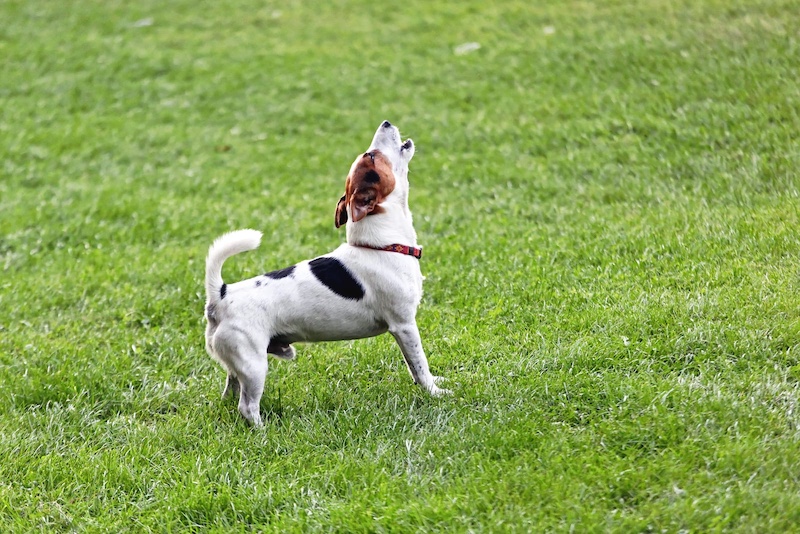
If your dog howls while you’re away, it could be a sign of separation anxiety. Dogs that are very attached to their owners may become distressed when left alone. Howling in these cases serves as a cry for help—or a way to call their favorite human back home.
This type of howling is often accompanied by other signs of anxiety, such as pacing, destructive behavior, or whining. If you suspect separation anxiety, it may be helpful to talk to a vet or dog behaviorist about strategies to help your pup feel more secure when left alone.
Seeking Attention
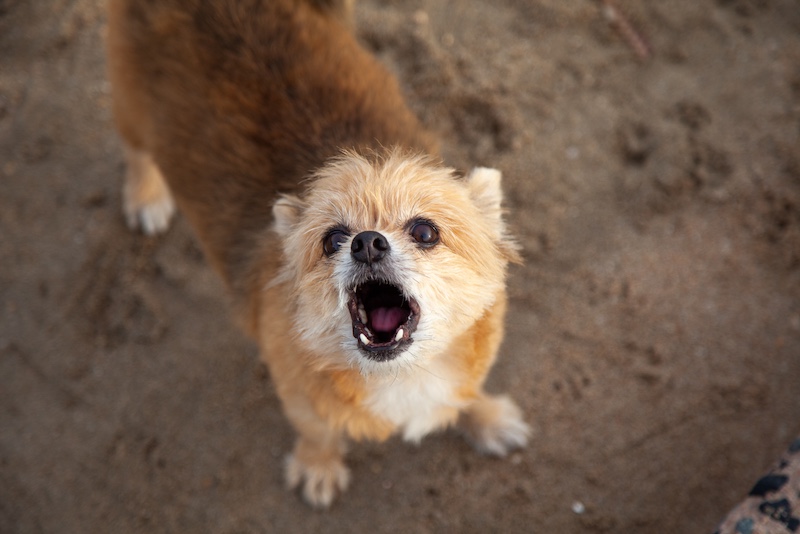
Some dogs learn that howling gets results. If your dog howls and you immediately respond—whether to check on them, give them a treat, or let them outside—they may begin to associate howling with attention. In this case, your dog isn’t necessarily distressed; they’ve just discovered a loud, effective way to get what they want.
Over time, this can become a learned behavior. If it becomes excessive, it may be worth exploring positive reinforcement techniques to encourage quieter forms of communication.
Medical Issues or Discomfort
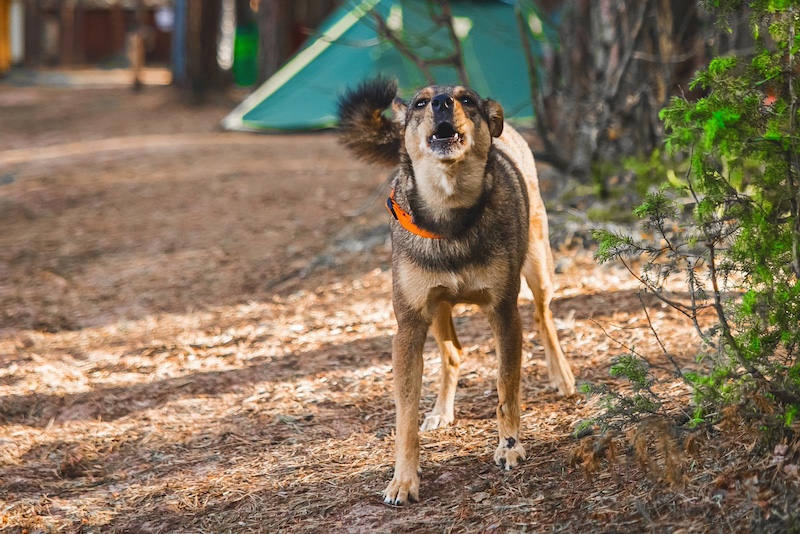
In some cases, howling can indicate pain or illness. Dogs may howl to express physical discomfort, particularly if they don’t have other ways to let you know something is wrong.
If your dog suddenly starts howling more than usual or howls in a way that seems out of character, it’s a good idea to consult your veterinarian to rule out any medical issues.
Breed Tendencies
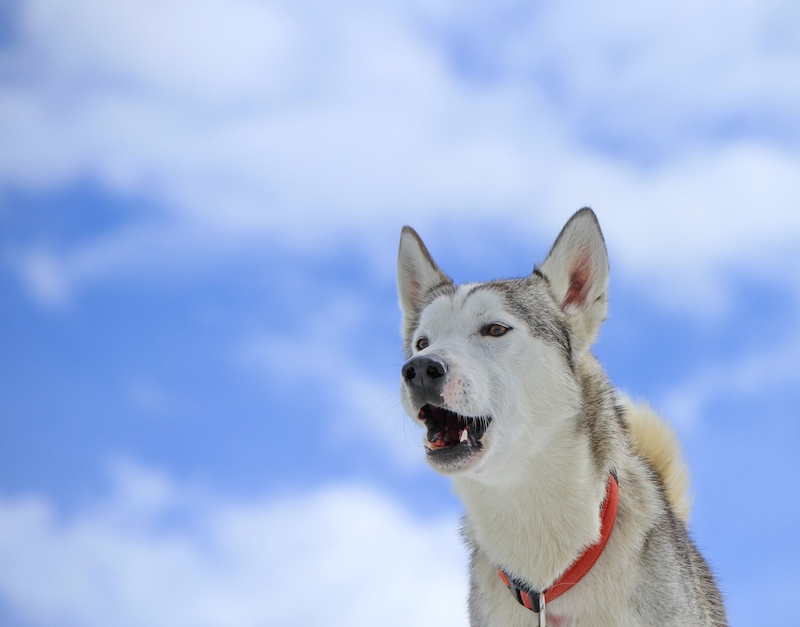
Certain breeds are simply more vocal than others. Breeds with closer genetic ties to wolves—like Siberian Huskies, Alaskan Malamutes, and Shiba Inus—are especially prone to howling.
Hound breeds, such as Beagles and Bloodhounds, also frequently howl due to their strong instincts to track and signal. If your dog is part of one of these breeds, their howling may just be a natural part of their personality.
How to Handle Excessive Howling

Occasional howling is usually nothing to worry about. But if it becomes frequent or disruptive, it’s worth looking into the root cause. Rule out medical issues first, then consider whether your dog may be bored, anxious, or simply seeking attention.
Providing more mental and physical stimulation—such as puzzle toys, longer walks, or training sessions—can often help reduce unwanted vocalizations. In more serious cases, a certified dog trainer or behaviorist can help you create a plan to address the issue.
Does Your Dog Howl?

Howling is one of the many fascinating ways dogs express themselves. Whether it’s a call to connect, a sign of stress, or simply a quirky habit, understanding the reasons behind your dog’s howls can help you strengthen your bond and meet their needs more effectively.
So the next time your pup throws their head back and howls at the ceiling, take a moment to listen—they might be saying more than you think.
- Please Note: This content was created with the assistance of AI and thoroughly edited by a human before publishing.

